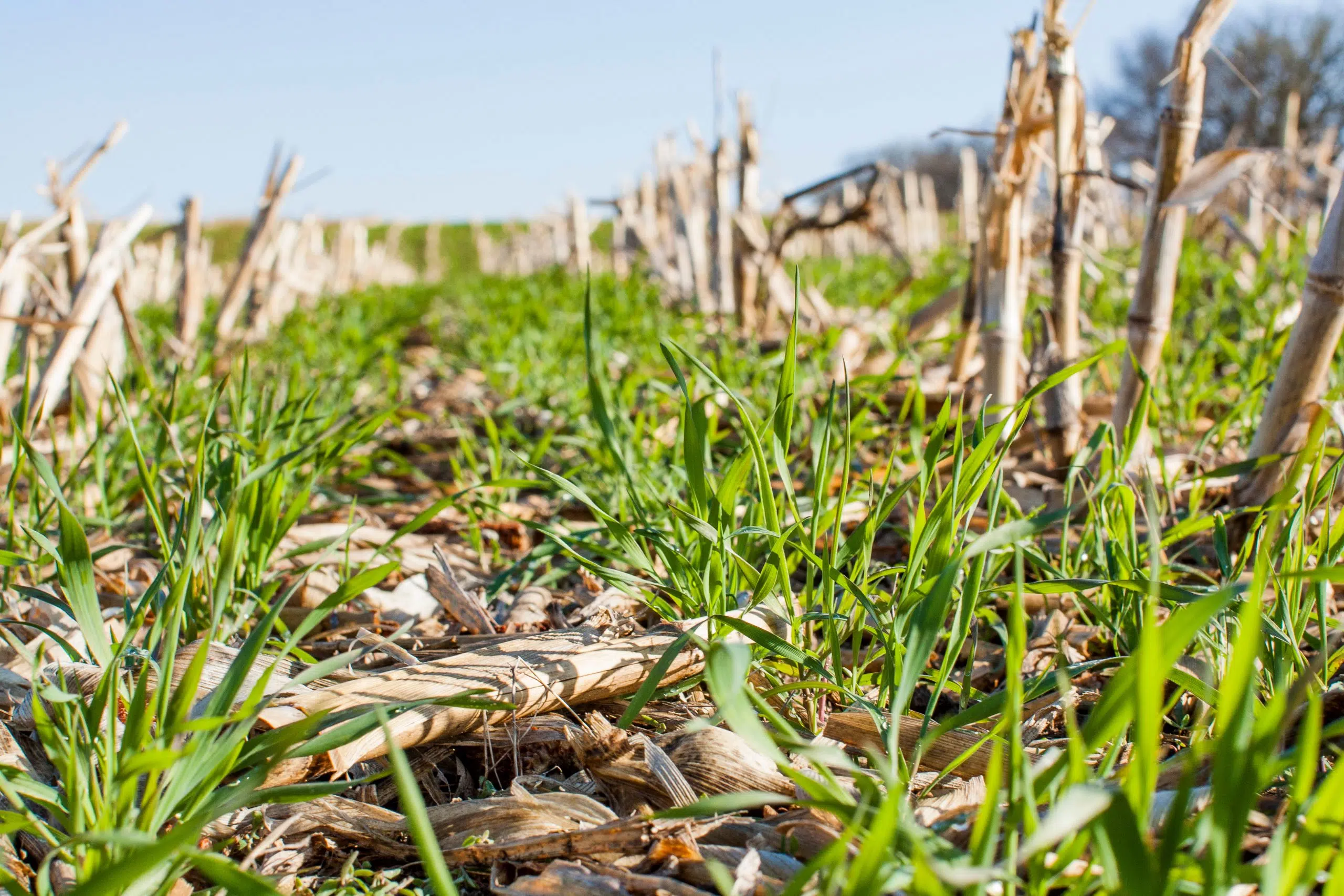
Extreme rains throughout spring and summer have been affecting area farmers.
In February, we saw unusually dry weather and farmers were feeling positive that an early spring was coming.
However, starting in May, the downpours came and began adversely affecting the growing season.
These heavy rains caused fields to flood all over the state which meant farmers were forced to push back planting dates of their corn crops.
The wet conditions are also making it difficult to apply nitrogen to corn, which will lower farmers’ crop yields.
Agriculture Educator Angie Ulness shared her thoughts on the matter with Seehafer News.
“You can never be satisfied with how much or how little rain we get as dairy and crop farmers.”
She also said, “We have to be resilient and keep moving forward and do the best we can with the conditions that we have.”
The rain also affected many farmers and their hay crops.
Some were lucky enough to get their hay cut before the spring showers, while others had to wait for fields to no longer be underwater to do so.
This lowered the quality and quantity they were able to yield.
Another aspect of the hay issues stems from the feed farmers are then giving to cows and other animals.
When the amount and quality of feed are both lowered, this has adverse effects on the livestock that eat it in the future.
Ulness added, “The impact that we’re feeling with this wet weather, ultimately and fully, we won’t feel the impact until the end of the growing season.”
Ulness also stated that everyone, not just farmers, should hope for warm, dry weather to turn the tide.
This is because those outside the agricultural community may feel the effects of this wet weather that farmers have been combating.











